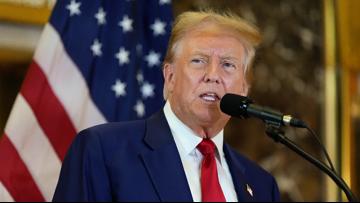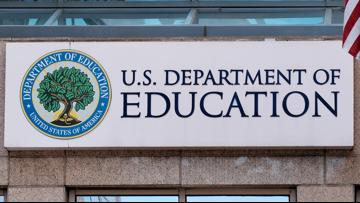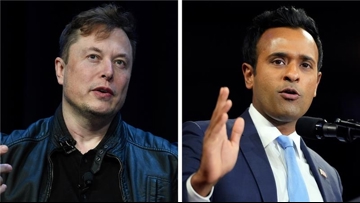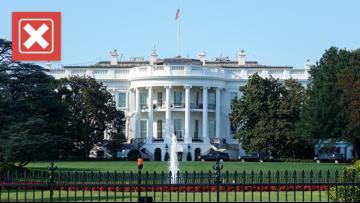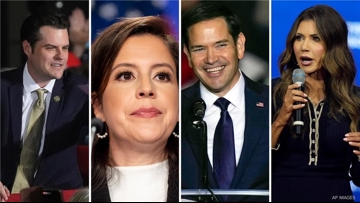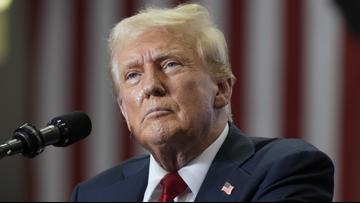On Aug. 4, The New York Times reported that the State Department was investigating the whereabouts of a $5,800 bottle of whiskey Japan gifted to former Secretary of State Mike Pompeo. A first read of the headline makes it sound like the State Department is simply searching for a bottle they believe to be missing or stolen.
But follow-up tweets from New York Times reporters such as Michael Schmidt and Adam Goldman bring up the possibility of ethics issues by adding that it’s illegal for government officials to accept foreign gifts worth more than a few hundred dollars.
THE QUESTION
Are government officials, including the Secretary of State and the President, allowed to accept foreign gifts?
THE SOURCES
THE ANSWER
Yes, but under very strict limits. A federal employee isn’t allowed to accept a foreign gift worth more than $415 unless rejecting the gift risks embarrassment or diplomatic friction between the U.S. and the gifting country. In that case, an official may accept the gift on behalf of the United States and must turn it over to a government agency.
Pompeo has not been accused of violating this rule. The whiskey in question was allegedly accepted on his behalf while he was in the Middle East.
WHAT WE FOUND
The Office of the Chief of Protocol is a State Department office that oversees the law, customs and practices of diplomatic conduct. It releases an annual notice of reported gifts from foreign governments to federal employees. It released its notice for 2019 on Aug. 5, 2021.
The notice lists a number of gifts to former President Donald Trump, former Vice President Mike Pence, former Secretary of State Mike Pompeo and a number of other government officials. The justification for every gift accepted says, “Non-acceptance would cause embarrassment to donor and U.S. Government.”
That same justification is listed under the bottle of whiskey, received on June 24, 2019. What makes it unique among the other gifts on the list is that its current location is unknown and a footnote says the State Department has an ongoing inquiry looking into its disappearance.
There are a few laws in place that make this unusual and worth an investigation.
Ethics pages from various government agencies say federal government employees cannot accept gifts from foreign entities that are valued at more than $415. The U.S. General Services Administration states this number is updated every three years and was last updated in 2020. A State Department rules document from 2019 states this cap was $390 from 2017 to 2020, the time period Japan gifted the whiskey to the State Department.
Federal law makes exceptions to this cap for gifts accepted for diplomatic reasons, stating a federal employee can accept a gift if refusing it “would likely cause offense or embarrassment or otherwise adversely affect the foreign relations of the United States.”
Such a gift must be accepted on behalf of and becomes the property of the United States government. That gift is then transferred to the General Services Administration or the National Archives, who can dispose of it a number of ways.
The United States can hold on to the gift, put it on display, return it to the donor, donate it, sell it or just get rid of it. There are a few laws governing the sale of a gift that allows for the original recipient of the gift to buy it at its estimated value from the United States.
A federal employee found violating this law may receive a penalty up to the value of the gift plus $5,000.
The bottle of whiskey in question was reported to the State Department when the Japanese government first gave the U.S. the gift. But what happened afterward is not recorded, which is why the State Department is investigating it.
The New York Times reported that it’s unclear whether Pompeo even touched the whiskey despite being listed as the recipient. It says he was in Saudi Arabia at the time.
A State Department archive shows that Pompeo spent June 24, 2019, in the Middle East with visits to both Saudi Arabia and the United Arab Emirates. He traveled to Japan on June 28 to meet the country’s foreign minister.
More from VERIFY: No, members of Congress do not get free medical care for life



